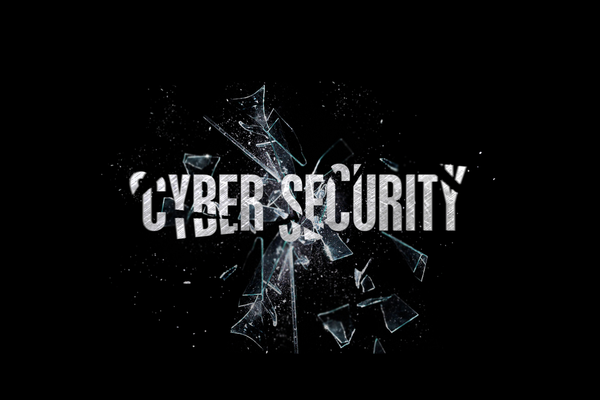The Spam Omelette #54 - On Canadian Pharmacy and Christmas Discounts

1024×768
Normal
0
false
false
false
EN-US
X-NONE
X-NONE
/* Style Definitions */
table.MsoNormalTable
{mso-style-name:”Table Normal”;
mso-tstyle-rowband-size:0;
mso-tstyle-colband-size:0;
mso-style-noshow:yes;
mso-style-priority:99;
mso-style-qformat:yes;
mso-style-parent:””;
mso-padding-alt:0in 5.4pt 0in 5.4pt;
mso-para-margin:0in;
mso-para-margin-bottom:.0001pt;
mso-pagination:widow-orphan;
font-size:10.0pt;
font-family:”Calibri”,”sans-serif”;}
Week in Review: December 02 – 09

1. UNSUBSCRIBE links lurking to snatch
your email
Although fake unsubscribe links have been in use for quite
some time now, spammers are still abusing them, mainly to add extra legitimacy
to the so-called “newsletters” and in order to trick users into “validating”
their email accounts. Most of these unsubscribe links take the user to a
PHP-based webpage that is able to collect which users have clicked the
unsubscribe links, in order to forcefully subscribe them to other similar
offerings.

2. Merry
Christmas from CHASE Bank!
Ranking second in this week’s spam top, the brand CHASE has
been identified in a medium-size spam wave targeting Chase Bank users. The
message announces victims about a mandatory update of their personal
information on their e-banking account. Needless to say that users who comply
with the request will actually send their login credentials to an unauthorized
third-party and get their accounts wiped clean.

3. The
CUSTOMER is always right
The word CUSTOMER has been detected by BitDefender’s spam
researchers in spoofed messages allegedly coming from the Viagra official
reseller. Disguised as an informative newsletter, the message promotes a wide
range of sexual enhancements such as Viagra and Cialis, but redirects unwary
users to a clone of the Canadian Pharmacy website. At the moment, medicine spam
holds the lion’s share with about 59 percent of the unsolicited messages
globally.

4. Need
PILLS? We’ve got them!
Ranking fourth in this week’s issue of the Spam Omelette the
word PILLS has been spotted in unsolicited mail also coming from Canadian
Pharmacy and advertising sexual enhancements. Ironically, the message ends with
a rhyme taken from nursery poem Goosey,
Goosey Gander.
5. Christmas
discounts sent via EMAIL
The word EMAIL concludes this week’s review on spam and has
been identified by the BitDefender spam researchers in unsolicited mail sent on
the behalf of Canadian Pharmacy. The message mimics a legitimate newsletter,
but has been modified to include a centered image of the current offering.

tags
Author
Right now Top posts
How to Protect Your WhatsApp from Hackers and Scammers – 8 Key Settings and Best Practices
April 03, 2025
Outpacing Cyberthreats: Bitdefender Together with Scuderia Ferrari HP in 2025
March 12, 2025
Streamjacking Scams On YouTube Leverage CS2 Pro Player Championships to Defraud Gamers
February 20, 2025
How to Identify and Protect Yourself from Gaming Laptop Scams
February 11, 2025
FOLLOW US ON SOCIAL MEDIA
You might also like
Bookmarks








